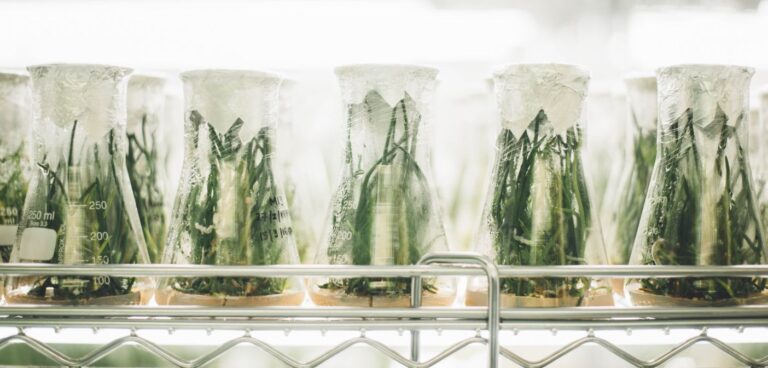The UK government has announced £37m in funding for the production of sustainable biomass, which could be used as a renewable energy source to help decarbonise the transport sector.
A further £5m will reportedly be used to develop new technologies capable of generating hydrogen from biomass and waste through the Hydrogen BECCS programme.
The government claims that BECCS-generated technologies will support its ambition to build a hydrogen economy and to decarbonise the UK’s transport networks.
The 22 winners of funding from BECCS were also announced. They include the University of Aberdeen, Scotland, for developing a sustainable process to obtain hydrogen from the organic matter within waste, the University of Leeds for the production of biohydrogen for UK transport and 17Cicada Ltd in Stevenage for its bacteria-focused hydrogen generation study.
Greg Hands, energy minister, said: “Accelerating home-grown renewables like biomass is a key part of ending our dependency on expensive and volatile fossil fuels.
“This £37m of government investment will support innovation across the UK, boosting jobs whilst ensuring greater energy security for years to come.”
Biomass can be used to produce low carbon energy, with the government claiming it will play a major role in the UK’s move away from non-renewable energy sources.
Hydrogen fuel can help vehicles complete journeys of hundreds of miles with fewer fuel stops than other energy sources, making it suitable for buses or other public transport services.
The UK government plans to accelerate the use of hydrogen power across the nation and appointed a designated hydrogen champion in July of this year.





